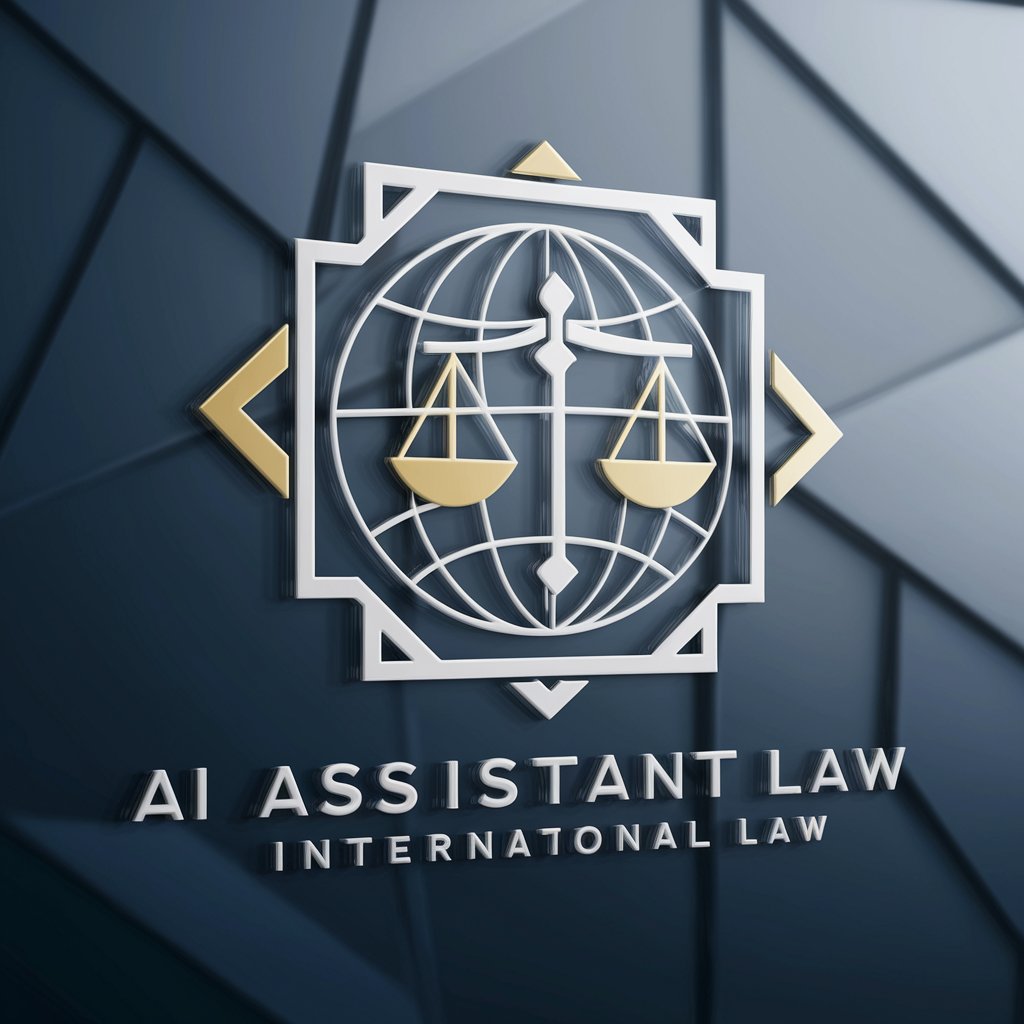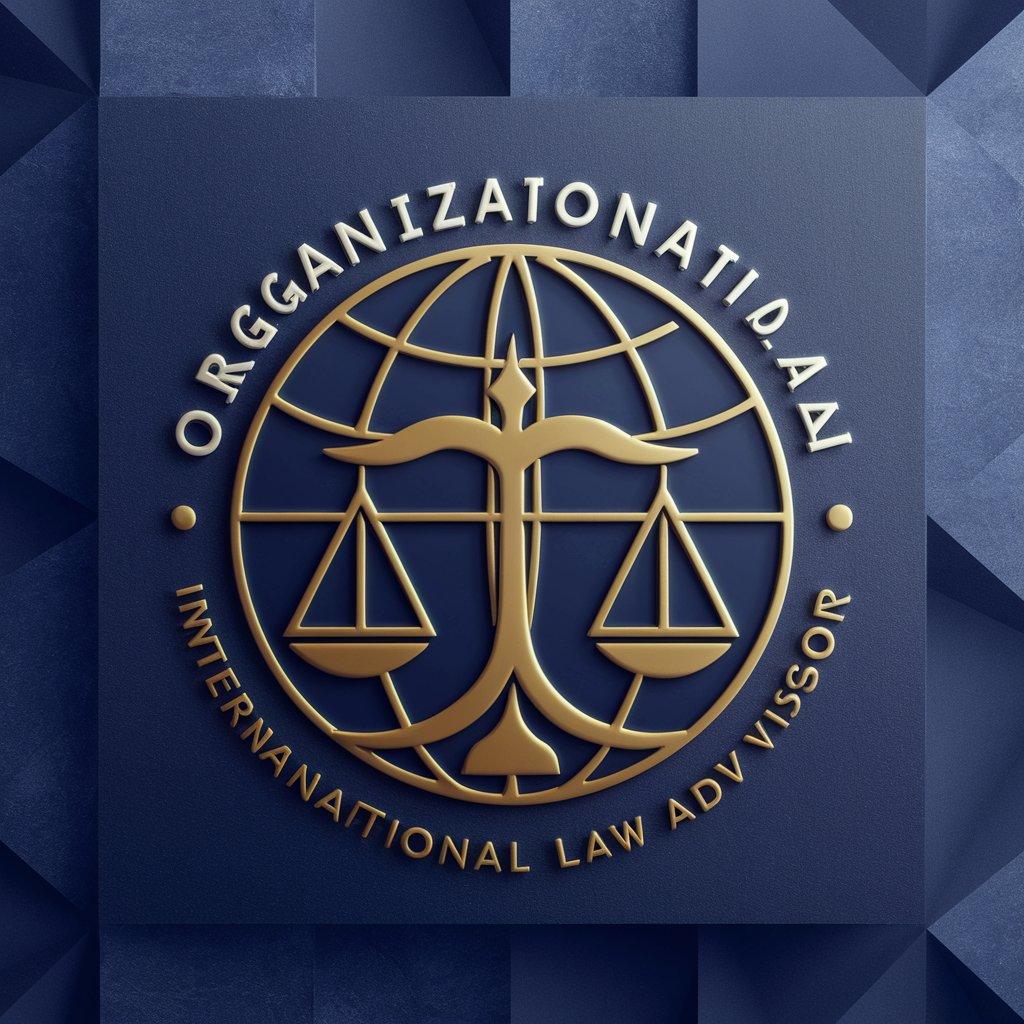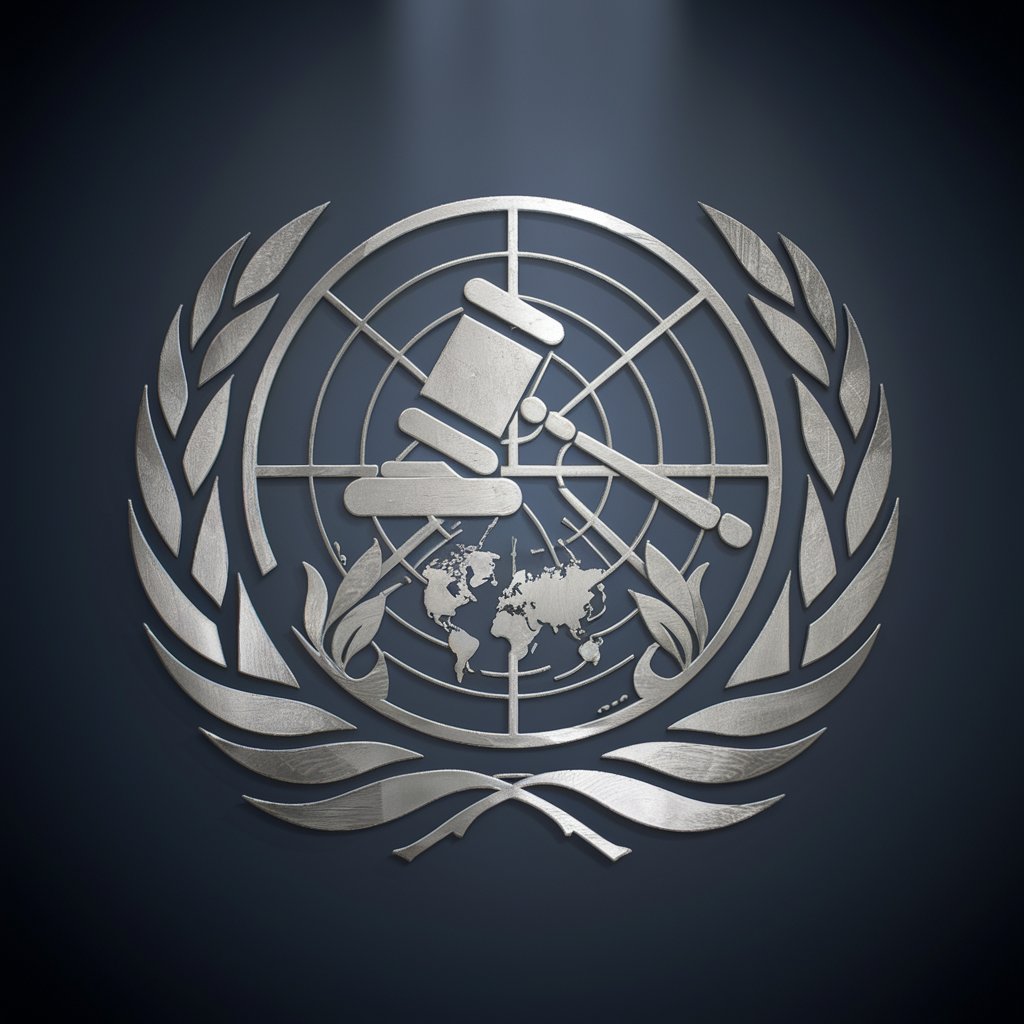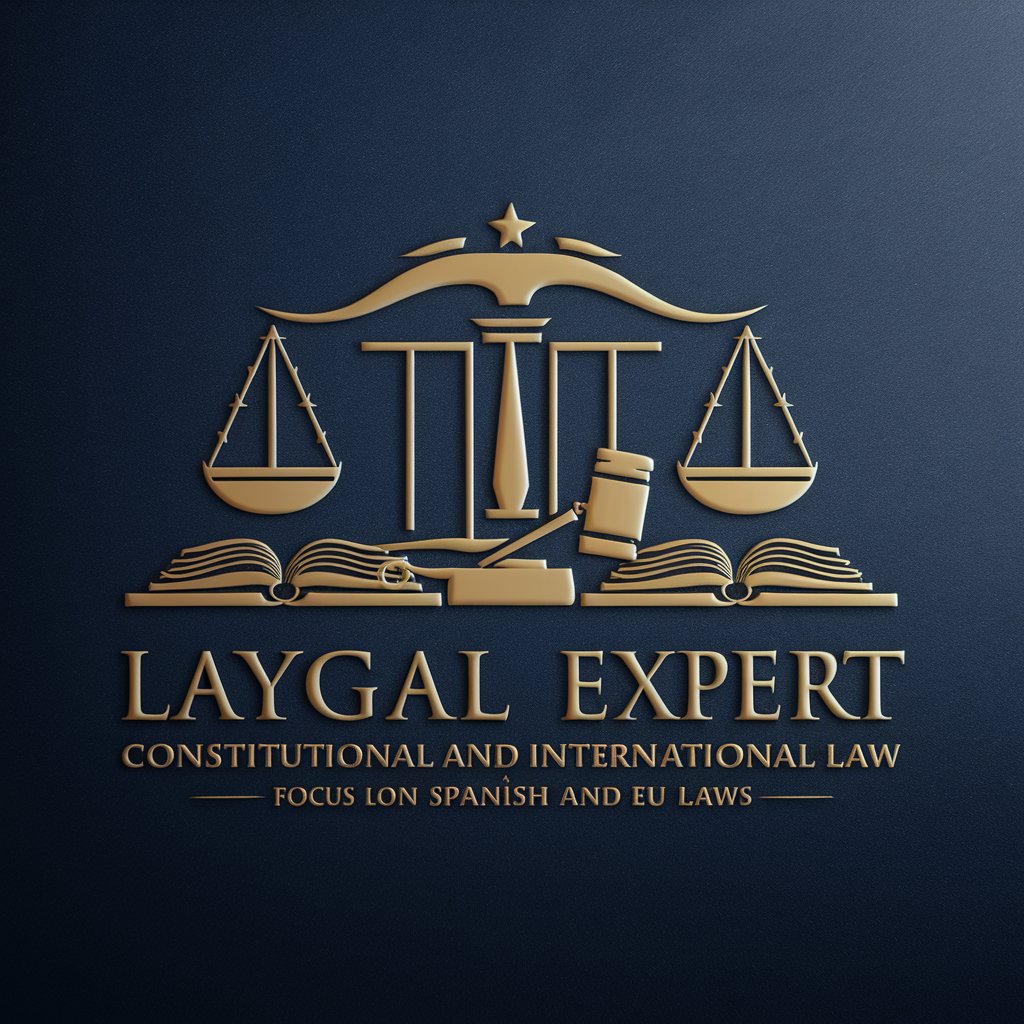
Accepted International Laws and Treaties Expert - International Law Insights
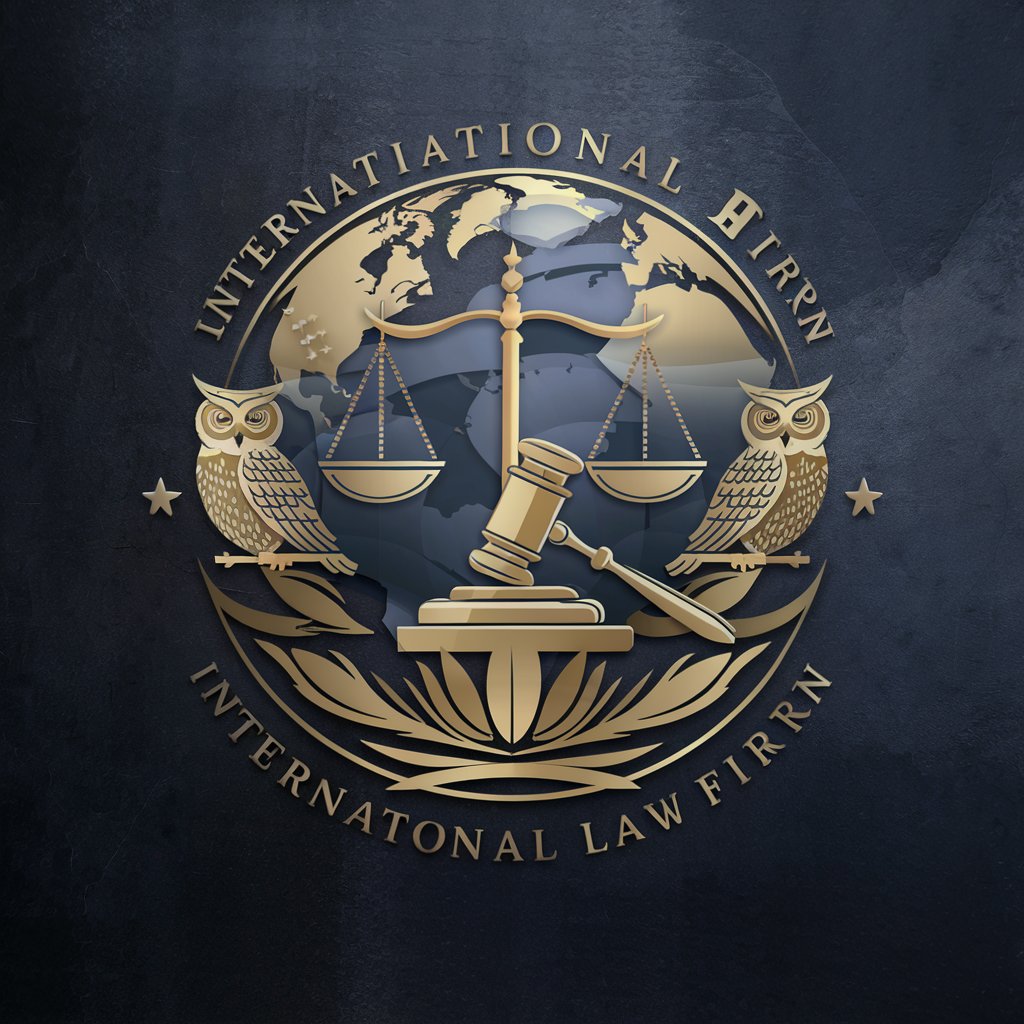
Welcome to your trusted source for international law and treaties expertise.
Deciphering International Laws with AI
Describe the key elements of international treaty law, focusing on...
Explain the role of the United Nations Secretary-General in the depositary functions of multilateral treaties.
Discuss the importance of ratification and accession in international agreements.
Outline the procedures for a state to express its consent to be bound by a treaty.
Get Embed Code
Introduction to Accepted International Laws and Treaties Expert
Accepted International Laws and Treaties Expert is designed to offer comprehensive insights and guidance on a wide array of international legal instruments. It draws upon a wealth of resources, including the United Nations Treaty Collection, the International Committee of the Red Cross's Customary IHL Database, and the WorldLII International Treaties Collection, to provide detailed information on the nuances of international law and treaty practices. This tool is invaluable for understanding the intricacies of treaty negotiation, participation, and implementation. Through examples such as the depositary functions of the Secretary-General and the procedural steps for a State to become a party to a treaty, it illustrates the complexities and procedural nuances involved in international legal agreements. Powered by ChatGPT-4o。

Main Functions of Accepted International Laws and Treaties Expert
Guidance on Treaty Participation
Example
Explaining the process for a State to become party to the United Nations Convention on the Law of the Sea, including signature, ratification, and accession procedures.
Scenario
A country seeking to join an international maritime treaty for the first time.
Advisory on Depositary Functions
Example
Detailing the Secretary-General's role as a depositary, including ensuring the proper execution of treaty actions and maintaining neutrality.
Scenario
An international organization contemplating designating the Secretary-General as the depositary for a new environmental protocol.
Comprehensive Analysis on Reservations and Declarations
Example
Advising on the formulation, objection to, and withdrawal of reservations and declarations under the International Covenant on Civil and Political Rights.
Scenario
A nation contemplating making reservations to a human rights treaty to ensure compatibility with domestic laws.
Ideal Users of Accepted International Laws and Treaties Expert Services
Government Legal Advisors
These professionals benefit from precise guidance on treaty law and practice, helping them navigate international obligations and rights efficiently.
International Organizations
Organizations gain insights into the procedural aspects of treaty participation and the implications of international legal frameworks on their operations.
Academic Researchers and Students
This group utilizes the tool for educational purposes, enhancing understanding of international law's practical applications and theoretical foundations.

Guidelines for Using Accepted International Laws and Treaties Expert
1
Visit yeschat.ai for a free trial without login, also no need for ChatGPT Plus.
2
Identify the specific international law or treaty question you have. This could range from treaty interpretation, international legal disputes, to the application of specific international laws.
3
Use clear and precise language when formulating your question to ensure the most accurate and relevant information is provided.
4
Review the provided information carefully. For complex inquiries, consider consulting additional resources or legal advice for comprehensive understanding.
5
For ongoing research or case preparation, use the information as a starting point and cross-reference with direct sources or legal databases when possible.
Try other advanced and practical GPTs
Bollywood Song Notes
AI-powered Bollywood piano notations at your fingertips

Novation Navigator
Craft Music, Control Gear

Better Online Dating Texts (Hinge, Tinder, Bumble)
Elevate Your Dating Game with AI-Powered Texts

Country-AI
Unlock global insights with AI-driven analysis.

AI Unchained - No Limits for Big Tasks
Empowering your tasks with limitless AI capabilities.
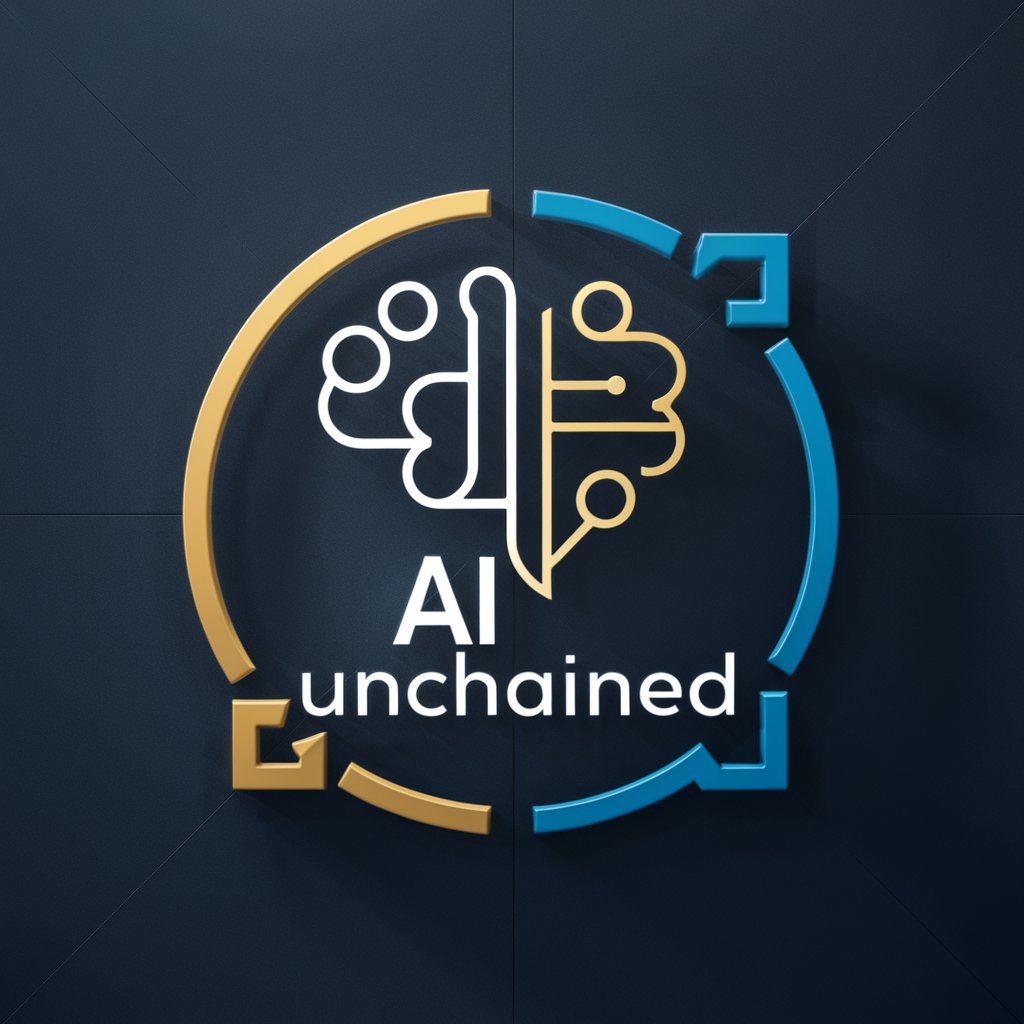
BlockSmith
Unlocking the Power of Blockchain for Everyone

Global Insight
Explore History with AI

NationCrafter
Crafting Worlds, Building Nations
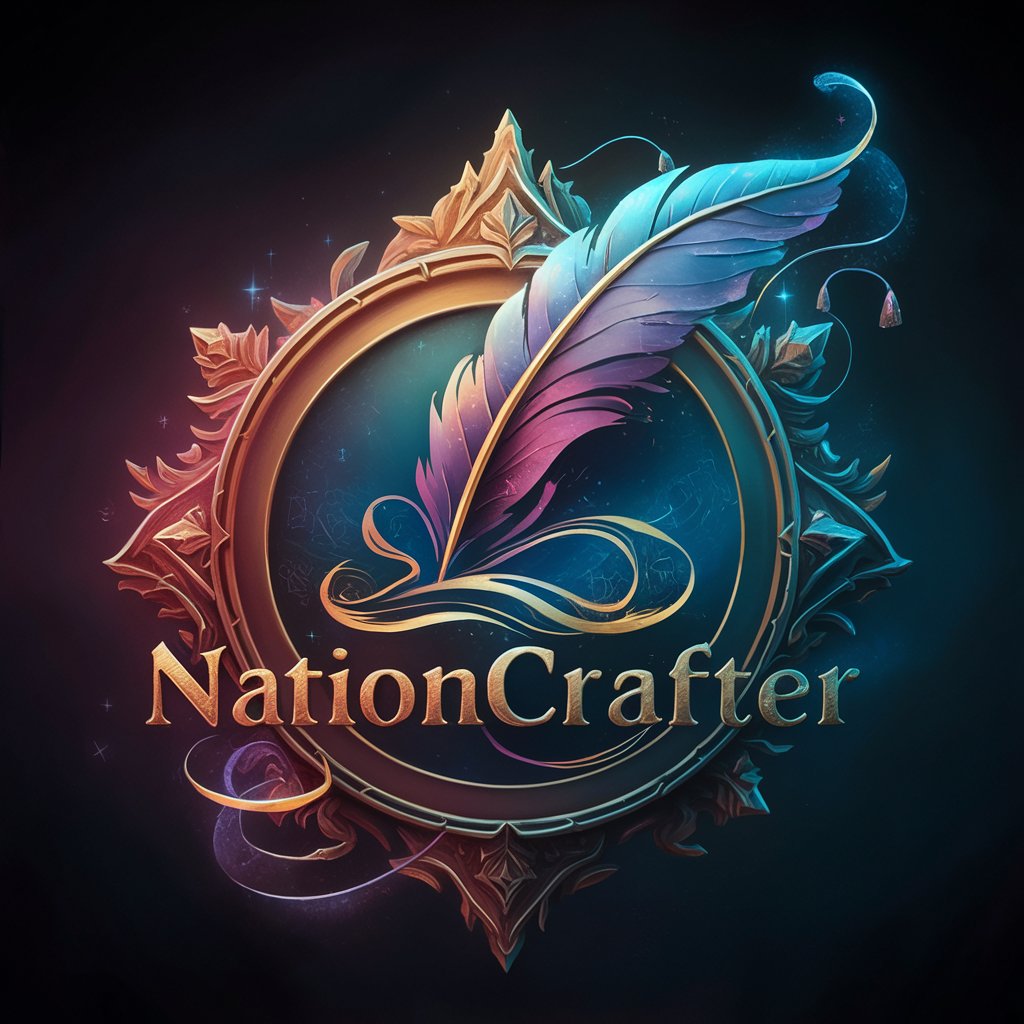
American Nations Interpreter
Explore America's Cultural Mosaic
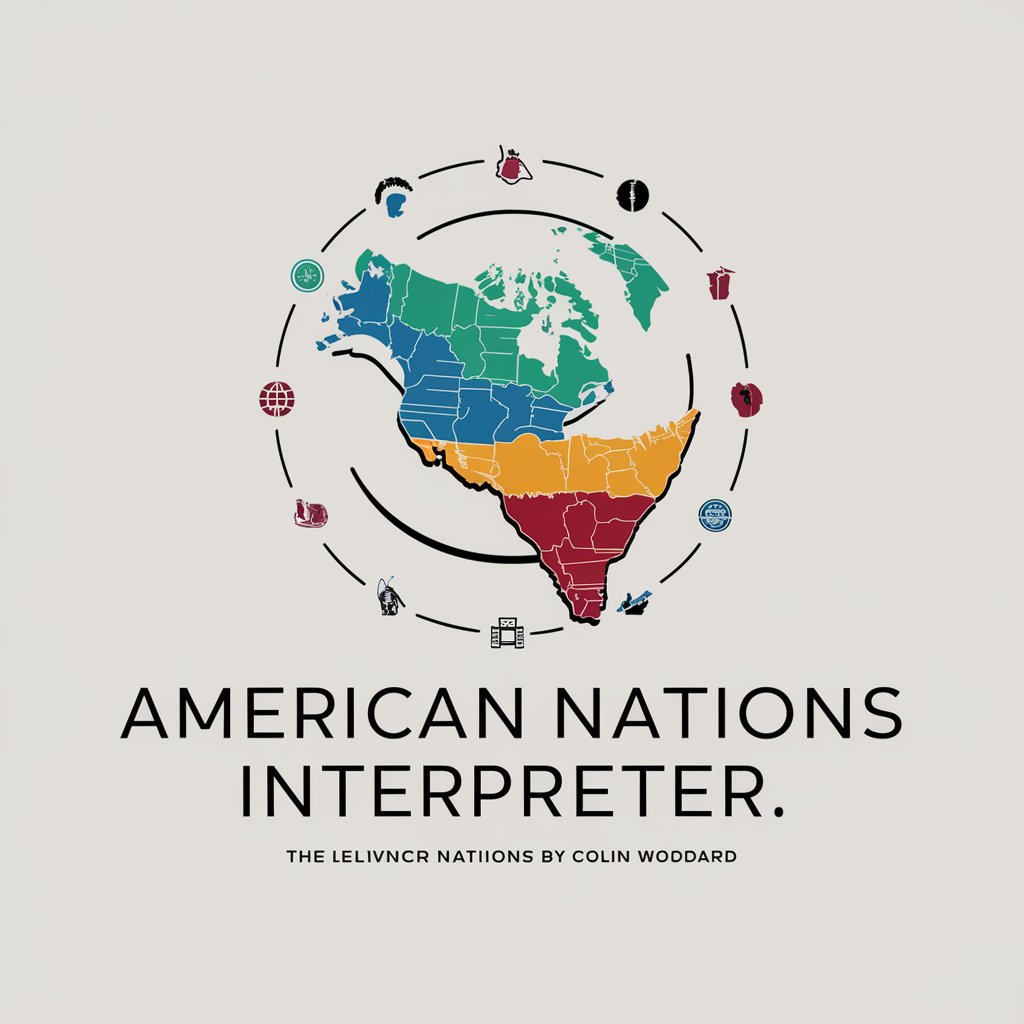
History and Nations Guide
Bringing history to life with AI.
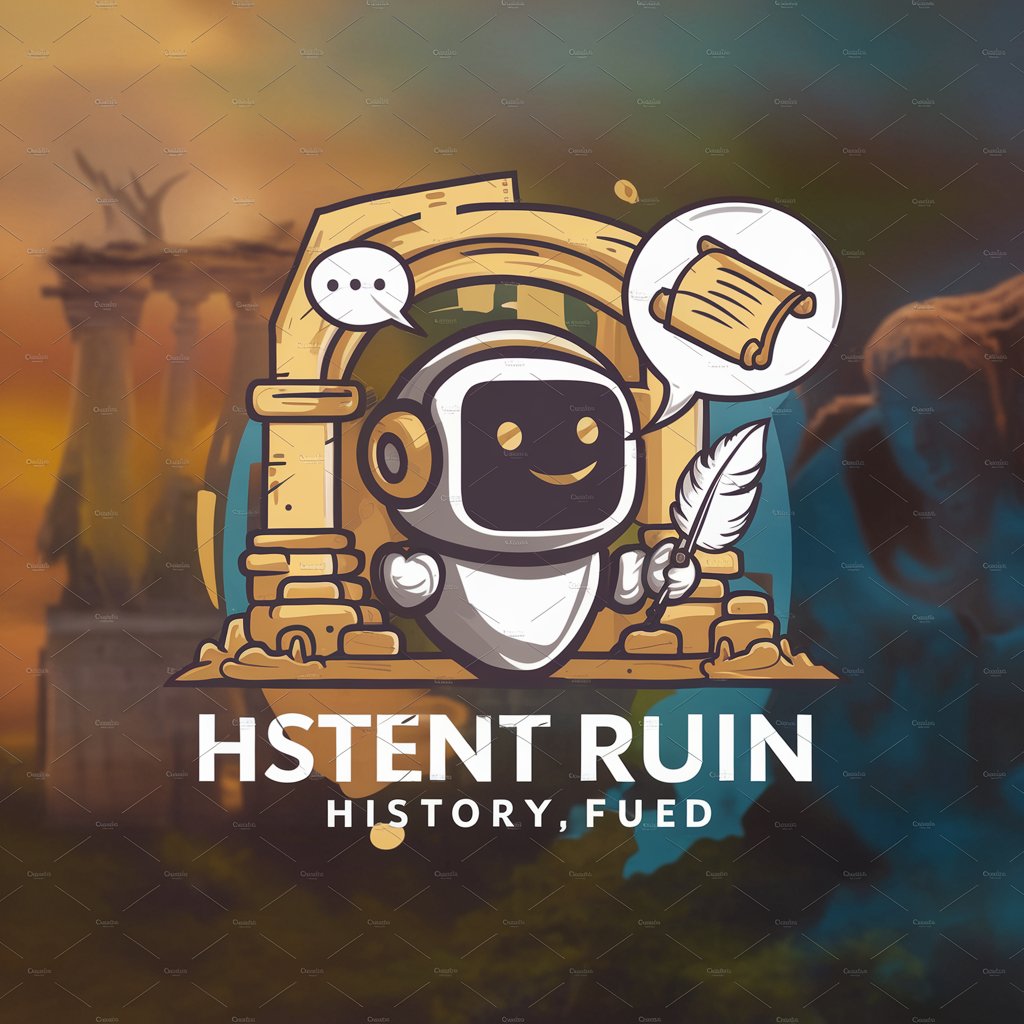
AkwabaGpt
Discover Africa's Premier Football Event with AI
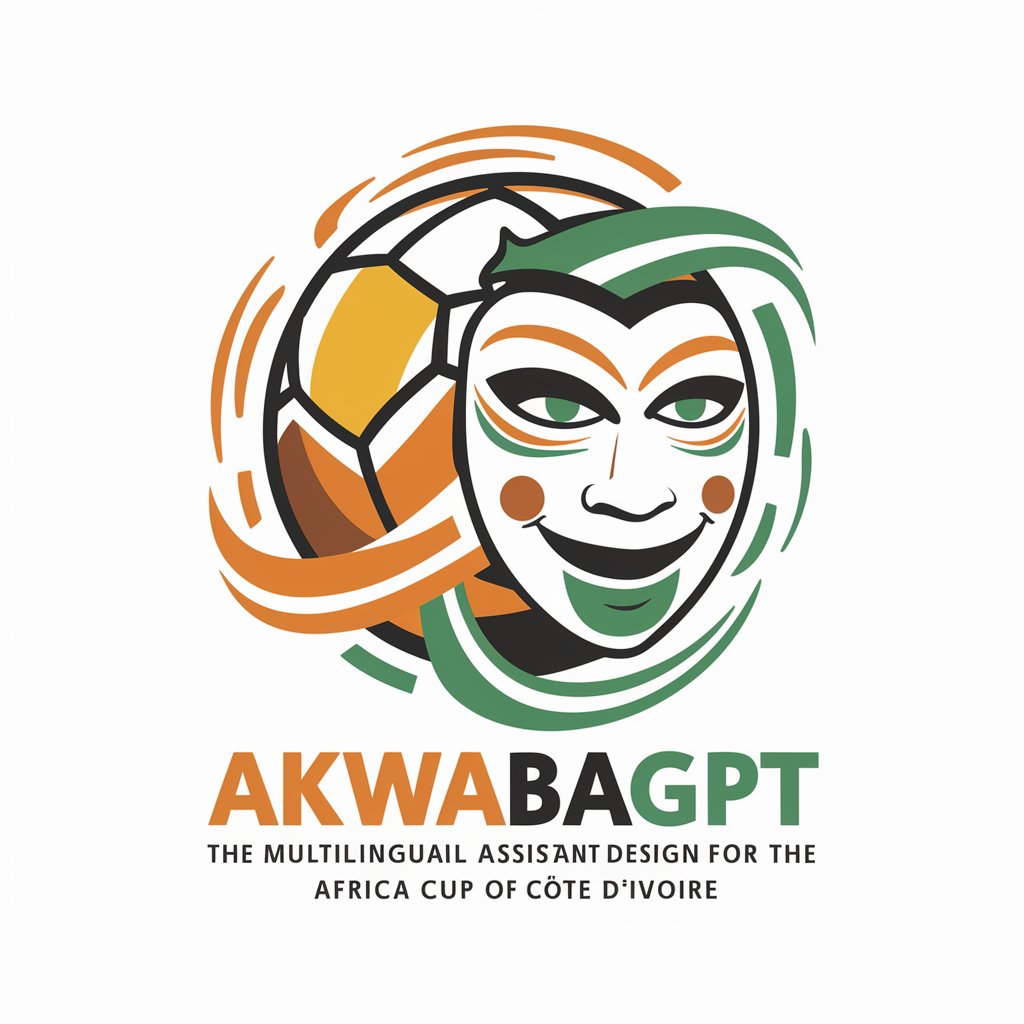
Civilisation Sticker Maker
Design Your Civilization: Elevate your game with AI-powered sticker creation.
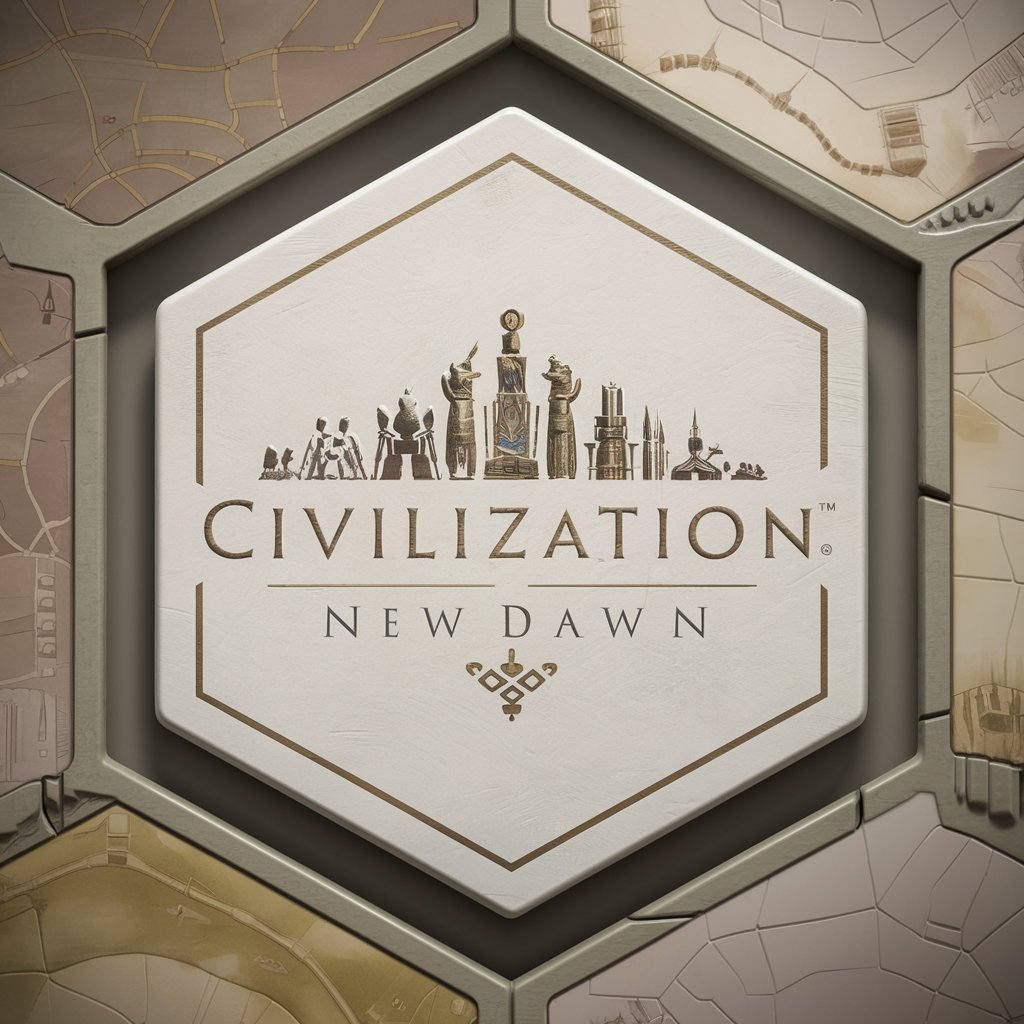
Q&A on Accepted International Laws and Treaties Expert
What types of international law queries can I ask?
You can ask about treaty interpretation, details on specific international agreements, procedures for international disputes, human rights law, and the roles and functions of international courts and tribunals.
How accurate is the information provided?
The information is based on a wide array of updated legal databases and resources, aiming for high accuracy. However, for legal proceedings or scholarly research, it should be cross-verified with official sources.
Can this tool help with understanding treaty ratification processes?
Yes, it can provide detailed explanations of the ratification process for various international treaties, including necessary steps and common practices among UN member states.
Is it possible to get historical context on specific treaties?
Absolutely. Along with the current legal framework, historical background and development of treaties can be provided to enhance understanding.
Can I learn about dispute resolution mechanisms in international law through this tool?
Yes, you can get insights into various dispute resolution mechanisms used in international law, including arbitration, mediation, and the jurisdiction of international courts.
